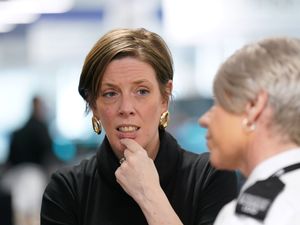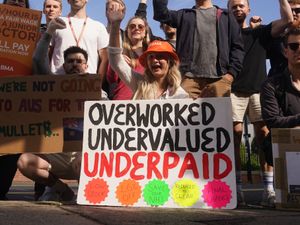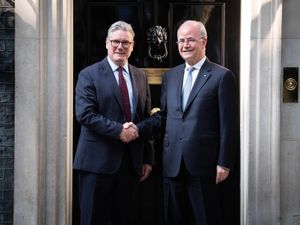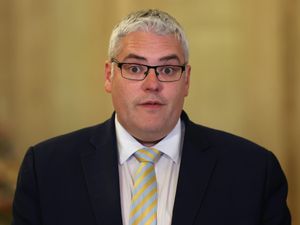Lib Dems promise assisted dying debate and gender law change
The party’s manifesto was published on Monday.

A pledge to give time for a debate in Parliament on assisted dying and promise of reform of the gender recognition process are included in the Liberal Democrats’ manifesto.
The party, in a chapter entitled Rights and Equality, said it would recognise non-binary identities in law.
Currently only male and female genders are recognised in law in the UK.
The Lib Dems also said they would scrap the requirement for medical reports for people applying for a Gender Recognition Certificate (GRC).
Someone wanting to be legally recognised in their affirmed gender currently has to provide two medical reports written by two different medical doctors or clinical psychologists in the UK when applying for a GRC.
The party also said it would remove the so-called spousal veto, which requires married applicants to get the consent of their spouse in order to obtain a GRC.
Party candidate Layla Moran has previously spoken of trans people facing an “injustice” as their married spouses have a “veto” over whether they can be legally recognised as their preferred gender.
In the same chapter, the manifesto pledges that the party would “give Parliament time to fully debate and vote on legislation on assisted dying for terminally ill, mentally competent adults with strict safeguards, subject to a free vote”.
The subject of assisted dying has come to the fore more so in the past year after Dame Esther Rantzen spoke out about her support for a change in the law, as she revealed she was living with stage four cancer.
Various moves towards a change in the law have also been taking place in Scotland, on the Isle of Man and Jersey, with impassioned arguments from people on both sides of the debate.
Sarah Wootton, chief executive of Dignity in Dying, welcomed the manifesto pledge on assisted dying, saying people voting in the election will be “asking their future MPs to give them the choice they are calling out for”.
She added: “All eyes are now on candidates of all parties, to see if they will commit to standing on the right side of history or defend a law that is dangerous, uncompassionate and more than 60 years out of date.”





